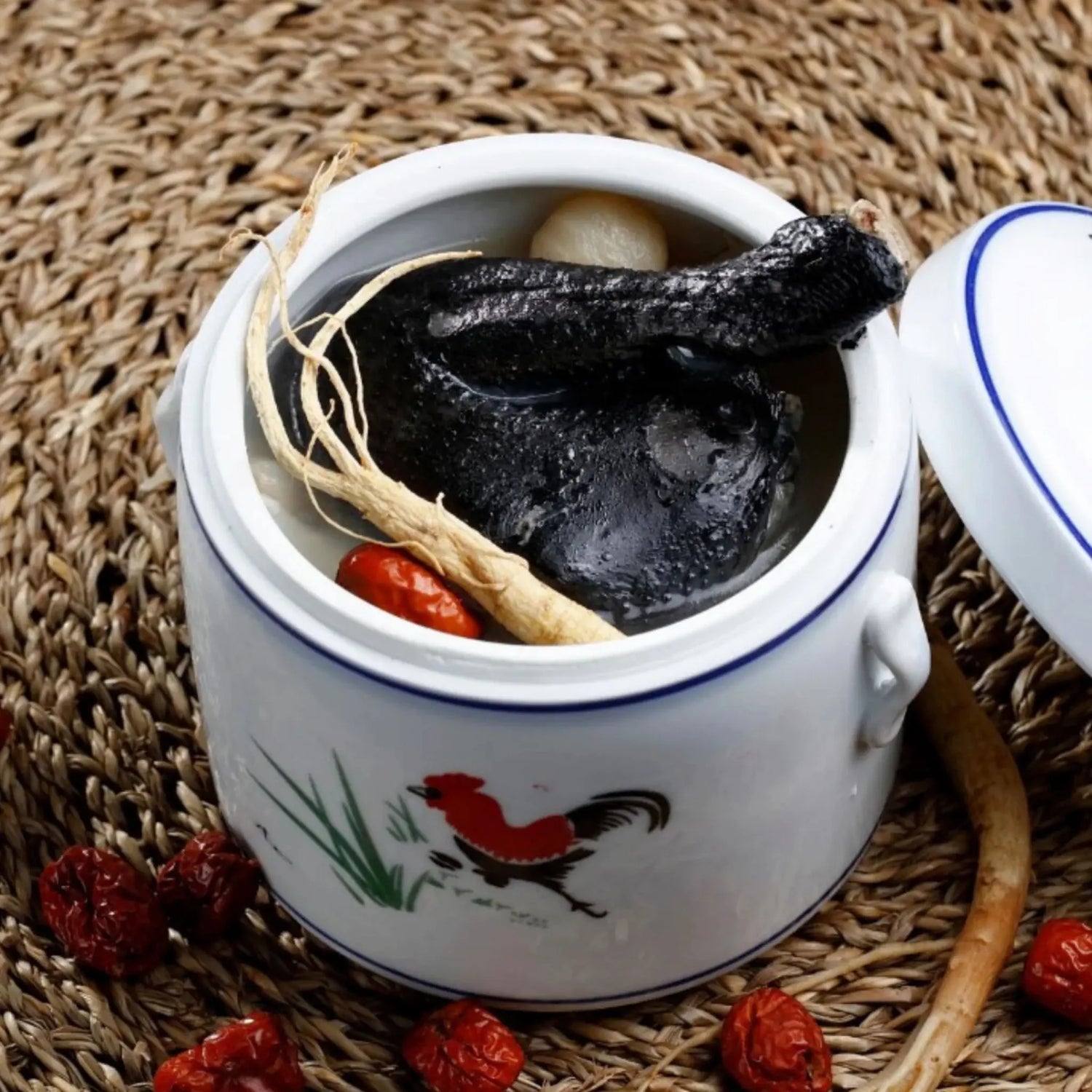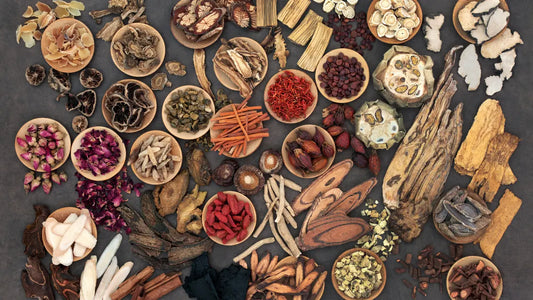A Mother’s Roadmap: The 3 Stages of Postpartum Recovery
In Traditional Chinese Medicine, postpartum healing is not seen as a single event but as a gradual journey. The body unfolds its recovery in stages, each with its own focus and needs. Rather than rushing back to “normal”, confinement honours these natural rhythms – first repairing what has been strained, then rebuilding strength, and finally consolidating vitality for long-term health.
The three-stage model has been trusted for centuries because it reflects how the body truly heals after birth. Some modern interpretations add a “fourth stage” but in practice, these three stages, provide the most authentic and practical roadmap for mothers.
By understanding each stage, mothers can give their bodies exactly what they need at the right time.

STAGE 1: RELEASE & REPAIR
The first days after birth are about gentle recovery. This stage focuses on clearing lochia, supporting uterine repair and encouraging milk flow. Warmth and nourishment help your body begin its path back to balance.
What to do:
- Prioritise rest and skin-to-skin bonding
- Keep warm (avoid drafts, wear socks, dry your hair after showers)
- No heavy lifting beyond your baby
Supportive foods: Green papaya, black chicken, sesame seeds, eggs.
Practical tip: Eat light, warm, easy-to-digest meals such as congee, ginger chicken, steamed eggs, and broths. Sip red date or ginger tea throughout the day, and prioritise fluids if breastfeeding.
STAGE 2: REGULATE & REBALANCE
As your body stabilises, the focus shifts to harmonising digestion and improving nutrient absorption. This stage helps replenish Qi and blood while restoring steady energy through balanced nourishment.
What to do:
- Begin gentle activity (slow walks, stretches, pelvic floor exercises)
- Limit chores and accept only restorative visitors
- Eat smaller, frequent meals to reduce bloating
Supportive foods: Pork ribs, black chicken, tofu, beans, iron-rich greens, whole grains. Include galactagogues (which help increase breast milk production) like oats, barley, fennel and fenugreek if boosting supply.
Practical tip: Dessert soups (like red bean soup) are nourishing and support blood-building.
STAGE 3: REBUILD & REVITALISE
The final stage consolidates vitality for the long term. By nourishing the liver and kidneys, improving circulation and building reserves, this phase supports deeper renewal and lasting recovery.
What to do:
- Gradually extend walks
- Book a women’s health physio review
- Consider gentle postnatal yoga or Pilates (once cleared)
- Maintain at least one daily rest period
Supportive foods: Black beans, bone broth, collagen-rich cuts, cooked vegetables, whole grains, pig tail or black chicken paired with herbs.
Practical tip: Expand your diet and variety but keep warmth at the core. Herbal soups help maintain strength beyond confinement. Avoid extremes like cold foods or intense exercise too early even after confinement.






